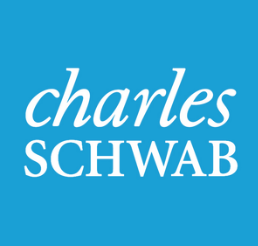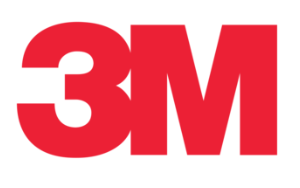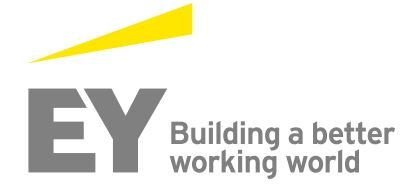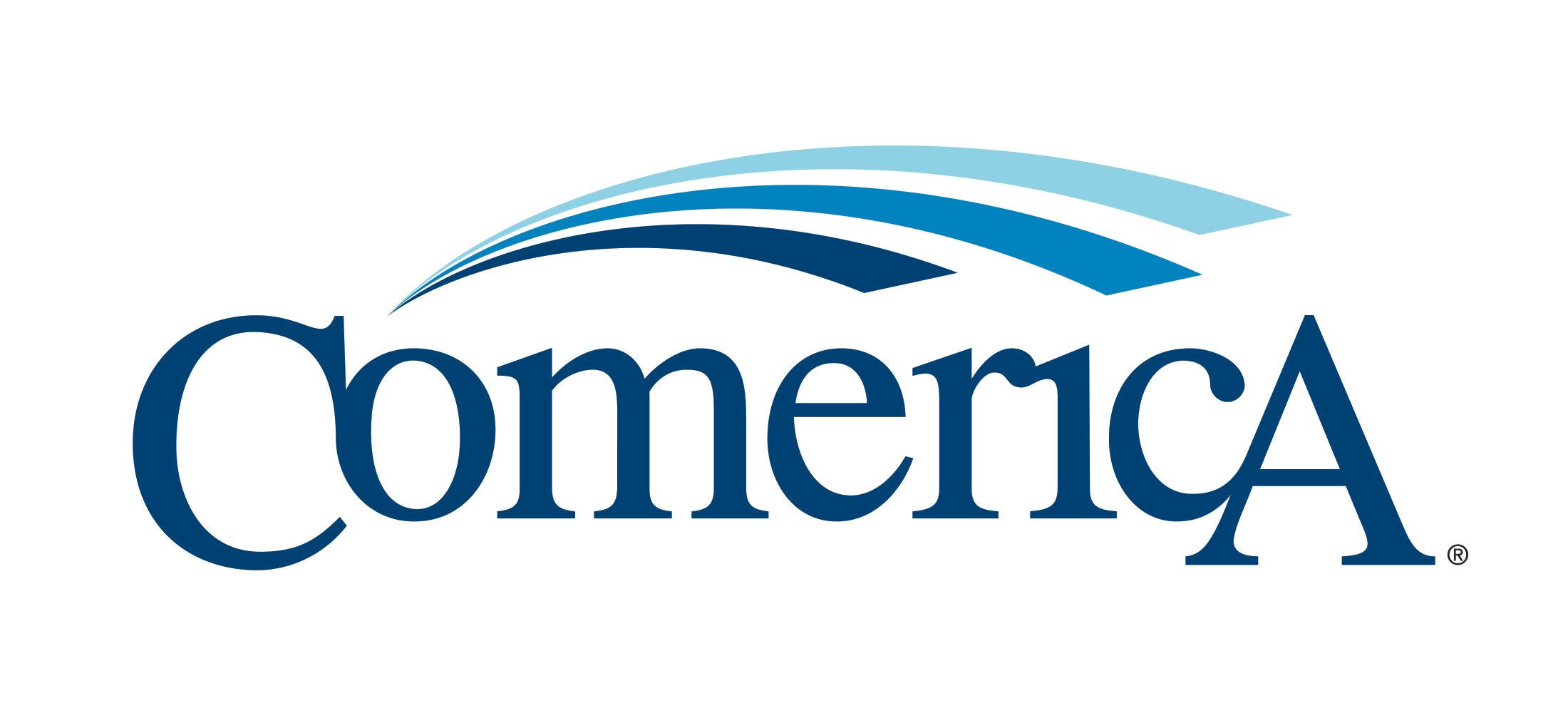The middle grades programs build on concepts the students learned in Junior Achievement’s elementary school program and help teens make difficult decisions about how to best prepare for their educational and professional future. The programs supplement standard social studies curricula and develop communication skills that are essential to success in the business world.
JA Finance Park
JA Finance Park® is a month-long program that introduces students to personal financial planning and career exploration. At the culmination of this teacher-led program, students visit JA Finance Park, a realistic on-site community, to put into practice what they've learned by developing and committing to a personal budget.
JA It's my business
JA It's My Business!® provides middle school students an opportunity to learn how to turn an idea into a business. The program introduces students to the process of design thinking as a problem- solving process and provides an authentic entrepreneurial experience for students with each session building toward a product-pitch competition.
ja it's my future
JA It's My Future® offers middle school students practical information to help prepare them for the working world. Students will develop the personal-branding and job-hunting skills needed to earn a job. This program is designed to support the skills and competencies identified by the Partnership for 21st Century Skills
JA Global Marketplace
JA Global Marketplace® introduces students to the global marketplace and the ways in which countries buy and sell from each other. Through this program, students will gain an understanding of producers and consumers in the interconnected global market. They will analyze the similarities and differences among countries and the effects of free enterprise.
JA Economics for success
JA Economics for Success® gives students the information needed to build strong personal finances, a cornerstone to a happy, secure life. Students learn the importance of exploring career options based on their skills, interests, and values. They also learn about spending money within a budget; saving and investing wisely; and using credit cautiously.

















